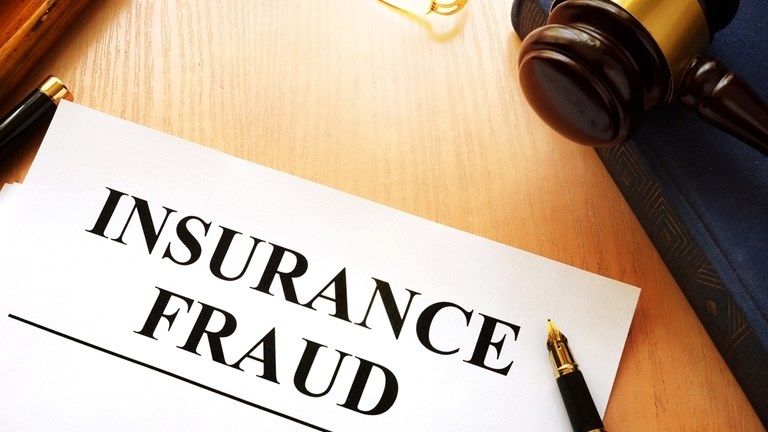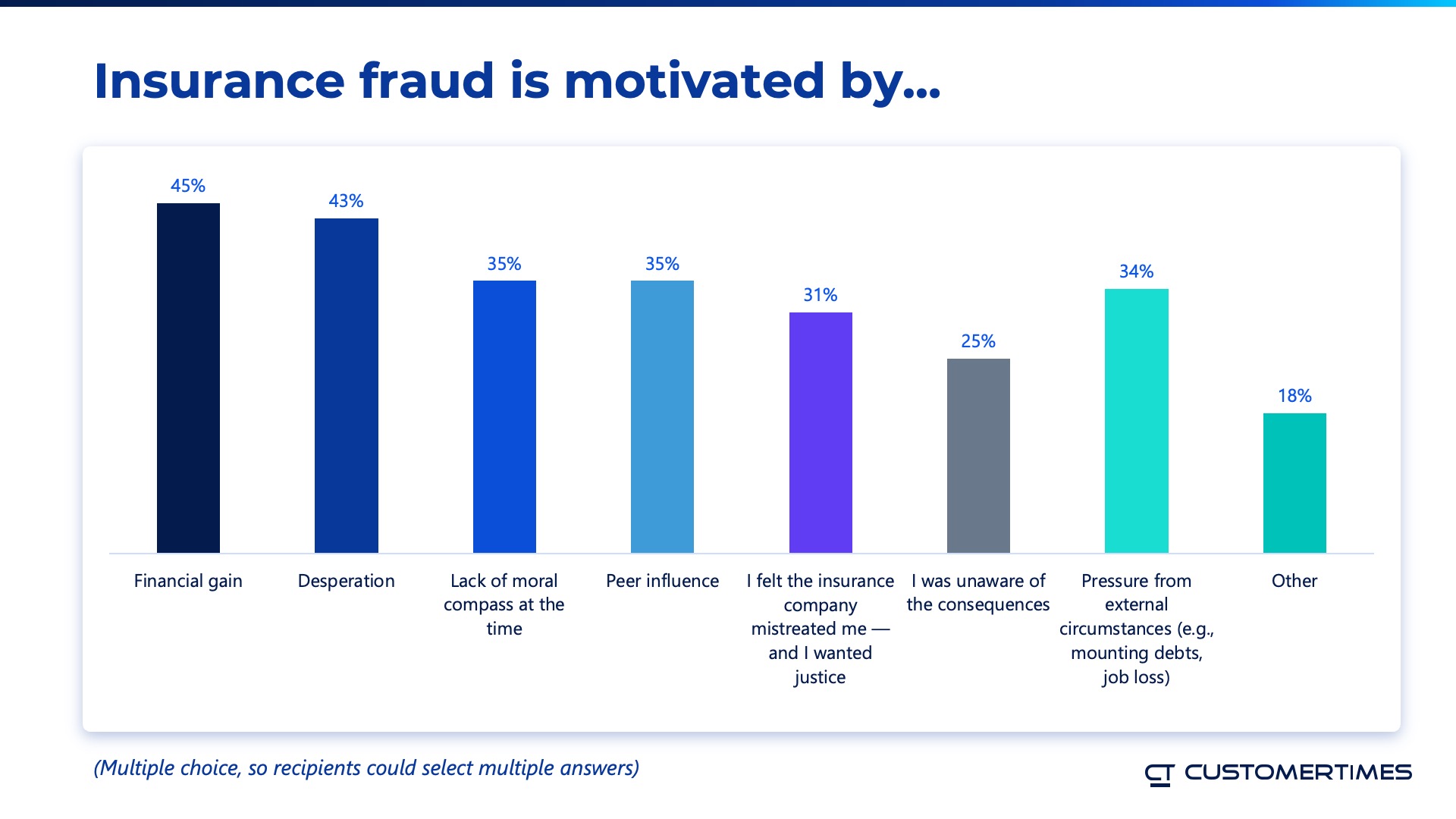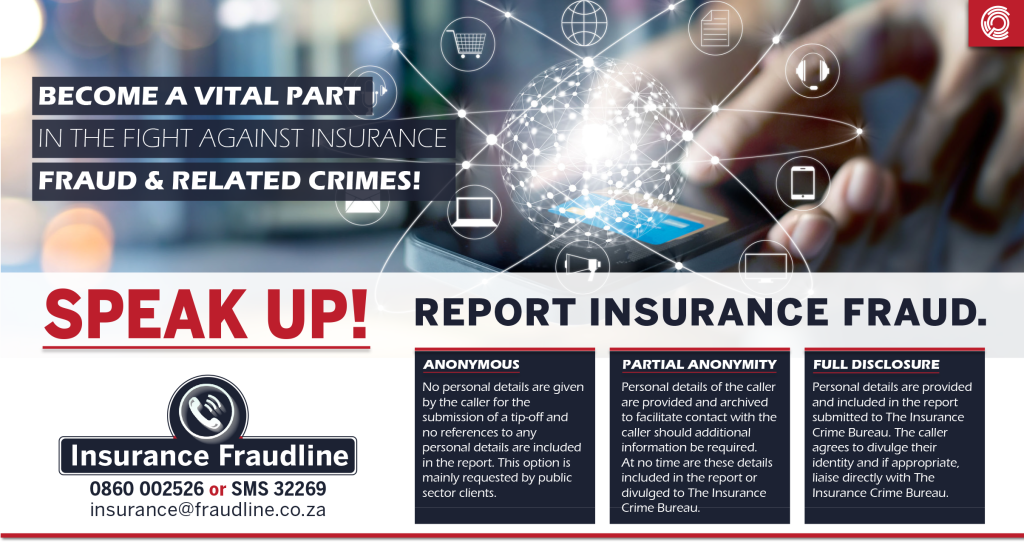Business
Rising risk of insurance fraud for policyholders─── ZENANDE MPAME 13:06 Mon, 29 Apr 2024

“There are two types of insurance fraud: hard fraud and soft fraud.”
Central South Africans have been glued to the court case of a woman from the North West who was arrested for the murder of her niece, allegedly to claim insurance.
Agnes Setshwantsho was arrested in November and faces two counts of fraud, murder, and defeating the ends of justice. She is also being investigated for the deaths of her brother, husband, son, and two daughters.
Setshwantsho was denied bail in January by the Molopo Magistrate’s Court in Mahikeng. She was believed to be a flight risk and provided multiple addresses to the court.
North West insurance killer denied bail
“The Molopo Magistrate’s Court denied Setshwantsho (39) bail and her matter was postponed for further investigations,” said North West NPA spokesperson Henry Mamothame.
“The court ruled that she failed to prove any exceptional circumstance for her to be granted bail, she was remanded in custody. Sergeant Keshi Mabunda and a team of detectives were led to investigate Setshwantsho after a tip-off from other family relatives after the death of her niece.”
In March an exhumation order was granted to police to exhume the body of Setshwantsho’s husband, who passed away in 2015 of what was believed at the time to be of natural causes.
Another fraud and murder charge handed to North West insurance killer
Setshwantsho was also accused of murdering her son for a R6 million life insurance policy she had taken out in his name. In February, she was formally charged with murdering her son, and another fraud charge was added.
A month earlier, Sergeant Mabunda from the Olifantsfontein Police Station in Gauteng was awarded the National Detective and Forensic Services Employee of the Year for his outstanding investigation which led to the successful conviction of former police sergeant, Rosemary Ndlovu, who was involved in insurance fraud and murder.
Ndlovu was sentenced to six life terms for killing her partner and five family members, in order to benefit from their insurance policies, in November.
Deputy police minister Cassel Mathale, Sergeant Keshi Mabunda, who received the police minister's special award, and Bheki Cele. Picture supplied
But what is fraud? Fraud is defined as the unlawful and intentional making of a misrepresentation that causes actual and or potential prejudice to another.
What then is insurance fraud?
“Insurance fraud can therefore be defined as an act committed to defraud an insurance process, for example, when an insured submits a false or fraudulent claim with his insurance company,” said PH Attorneys Legal expert, Jaco van den Berg.
According to Nedbank Insurance, insurance fraud is any act committed to defraud an insurance process and takes place across all areas of insurance. It occurs when the person making a claim (the claimant) attempts to obtain some benefit or advantage they are not entitled to. The key motive is financial gain.
According to data collected by Santam in December, the incidence of insurance crime is evenly divided between motor claims (48%) and non-motor claims (43%). The most common strategies used by insurance criminals involve claiming for losses incurred before the inception of a policy, claiming for false or staged incidents, and submitting false claim information.

Different reasons that motivate insurance fraud. Picture: customertimes.com
There are two types of insurance fraud:
Hard fraud is when someone deliberately plans or invents a loss that is covered by their policy, such as a collision or a fire so that they can claim damages, or when someone frames a non-insured event in such a way as to make it look like an event covered by their insurance policy.
Hard fraud schemes often involve professional criminals and can lead to significant losses for insurance companies, according to Nedbank Insurance.
Soft fraud, also referred to as opportunistic fraud, is far more common. It is when policyholders exaggerate what would otherwise be a legitimate claim, for example, if the person is the victim of a house burglary, they would claim a bigger loss than what actually occurred. Or when someone insures property for more than its real value so that they can get a bigger payout.
Soft fraud also happens in the health insurance sector when someone gives misleading information or withholds facts regarding past or current medical issues in order to have a lower premium, according to Nedbank Insurance.

There are different types of fraud. Picture: linkedin.com
According to Old Mutual, brokers need to be aware of the following five red flags that may signal a fraudulent claim:
- Delayed reporting: Claims reported significantly after the alleged incident occurred, should raise suspicions.
- Inconsistent statements: Discrepancies in the claimant’s account of events, particularly when providing different versions to different parties, can indicate fraud.
- Unusual loss patterns: Frequent claims for minor losses or an unexpected spike in claims activity may warrant closer scrutiny.
- Lack of documentation: Missing or incomplete supporting documents could be a sign of fraudulent activity.
- Unwillingness to cooperate: If a claimant is uncooperative or resistant to providing additional information, it may indicate fraudulent intent.

Red flags to look out for in insurance fraud. Picture: linkedin.com
How is insurance fraud spotted?
“Insurance companies have claims handlers, who deal with clients’ claims. In some instances the insurance company will send out an assessor to investigate the claim before any amount of money is paid out,” said Van den Berg.
“With life insurance policies, proof of death of the insured will be required before a policy is paid out. This investigation process will allow the insurance company to identify possible fraudulent claims.”
How to prove insurance fraud?
- The information required and investigations done by the insurance company can be used to prove that a claim was fraudulent.
- If fraud is suspected, the insurance company will reject the claim, can cancel the insurance policy, and can even lay a criminal charge against the suspect at the police.
- A case will be investigated by the police and the NPA will prosecute the accused in court.

Ways to report fraud. Picture: saicb.co.za
Charges for insurance fraud and consequences:
Van den Berg said a person committing insurance fraud will be charged for fraud and a possible jail sentence will depend on the specific facts of the matter, including the amount involved.
“This type of fraud may cause insurance companies to raise insurance premiums of other clients,” he said.
A statement released by the Association for Savings and Investment South Africa (ASISA) in November 2023 revealed that South African life insurers and investment companies detected 8 931 cases of fraud and dishonesty in 2022. While losses worth R1.1 billion were prevented, the industry lost R77 million to fraud in 2022.













